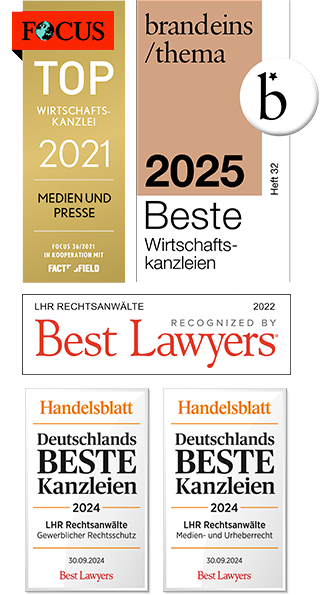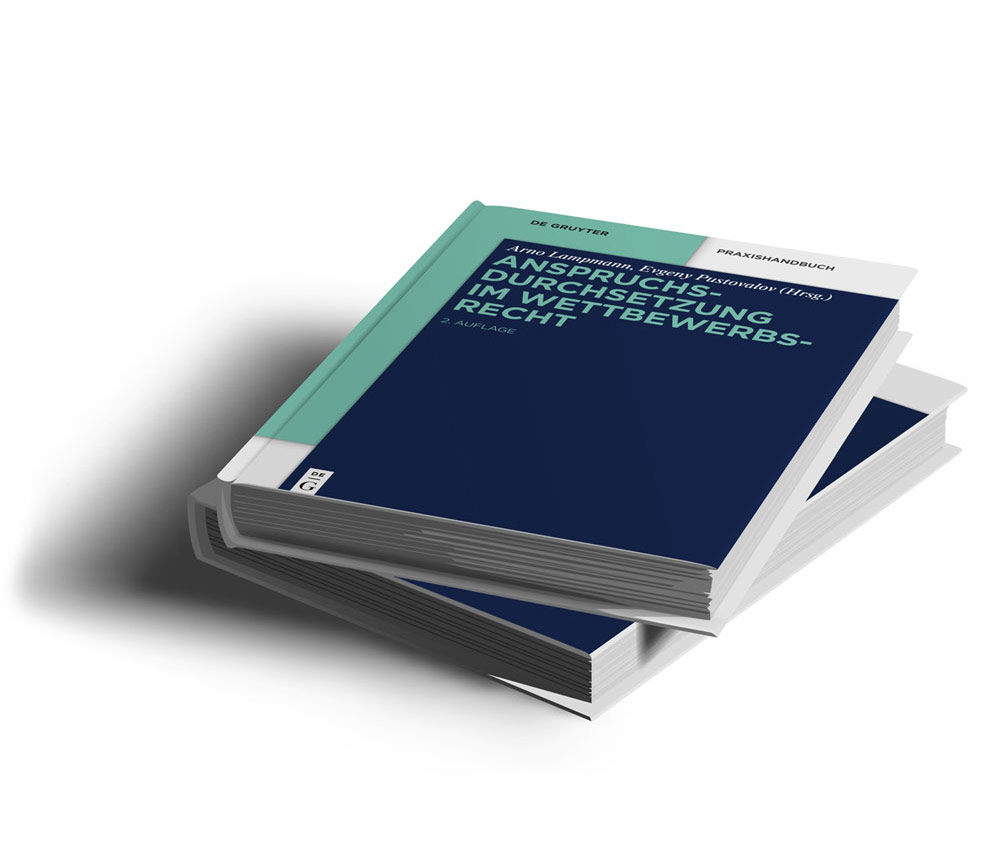Anyone who advertises in a misleading manner may be liable on the grounds of negligence

The OLG Frankfurt a.M. (OLG Frankfurt a. M. (6th Chamber for Commercial Matters), judgement of 22 August 2019 – 6 U 83/19) has decided a case on the subject of misleading advertising.
The OLG confirmed the obligation of the unsuccessful defendant to cease the misleading advertising and its obligation to influence the Google search engine to remove the misleading entry from its cache.
The official guiding principle is:
‘A company that has misleadingly advertised a non-existent manufacturer’s warranty on its own website is also obliged to work towards the removal of the entry from the cache by the operator of a search engine. If the company fails to do so and the advertising is repeated by the search engine operator as a result, the company is liable for this under the aspect of integrity.’
The facts of the case
In January 2019, an order was issued in favour of the applicant prohibiting the defendant from offering chairs with a manufacturer’s warranty on the website www.(…).de unless the legal requirements were met. (§ 479 BGB) were fulfilled. This behaviour fulfilled the legal requirement of misleading advertising. In the following judgement (LG Frankfurt a.M., Urteil v. 16.04.2019, 3-06 O 100/18) the Regional Court confirmed the order. The defendant then appealed against the judgement to the Higher Regional Court.
The OLG upheld the status quo. In addition, it also considered the defendant’s failure to initiate the deletion of the misleading product entries from the Google search engine to be a misleading advertising tactic pursuant to Section 5 I 2 No. 7 UWG. ‘The advertising of chairs by the defendant with an actually non-existent manufacturer’s guarantee in a Google snippet constitutes a misleading of the consumer’s rights pursuant to Section 5 I 2 No. 7 UWG, for which the defendant is also responsible.’
Comprehensive obligations to make amends for misleading advertising
Anyone who engages in unlawful advertising behaviour is also responsible for ensuring that this is reversed. The advertiser’s responsibility does not end when misleading advertising is no longer actively pursued. Rather, it also includes the obligation to work towards all sources that reproduce advertising with the potential to mislead in the interests of the consumer.
The obligation to take action against third parties, in this case the search engine Google, arises not only from the injunction obtained against the advertiser, but also from the advertiser’s general obligations under competition law. As long as this remains within the bounds of what is possible and reasonable, the defendant must obtain the removal from the cache by the operator of the search engine in accordance with competition law principles.
Influence on Google possible and reasonable
In principle, a debtor is not responsible for the independent actions of third parties (in this case Google). However, he is obliged to influence third parties whose actions are of economic benefit to him if he must seriously expect an infringement and also has legal and factual possibilities to influence the behaviour of third parties.
In the present case, it was possible and reasonable for the defendant to fulfil these obligations.
This is because Google provides a webmaster tool that can be used to request the deletion of outdated or deleted information stored in the cache and thus prevent it from being displayed.
Conclusion
The UWG not only includes the obligation to stop misleading advertising. Rather, it establishes more comprehensive behavioural obligations in order to avert any risks for the consumer. This also includes a duty to intervene with third parties if their behaviour is of economic benefit to the consumer.
(Disclosure: Our law firm represented the applicant).








